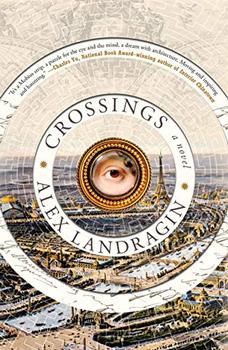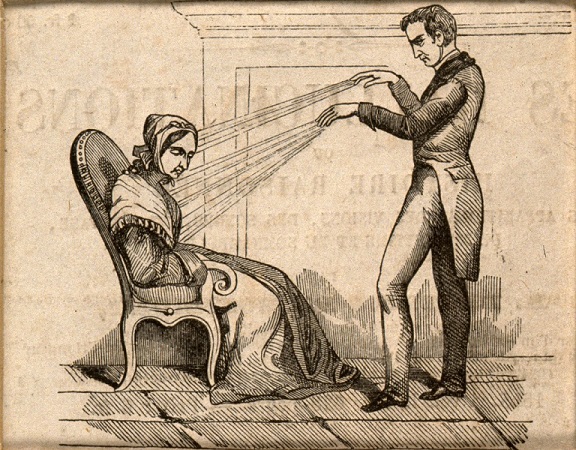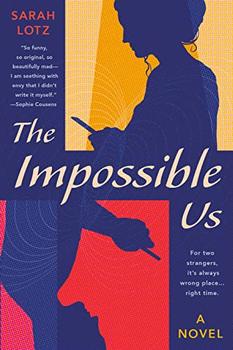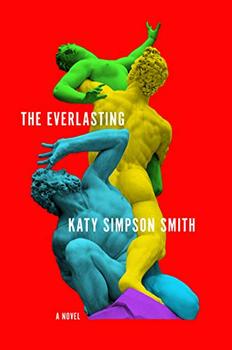Summary | Excerpt | Reading Guide | Reviews | Beyond the book | Read-Alikes | Genres & Themes | Author Bio

Alex Landragin's Crossings is an unforgettable and explosive genre-bending debut--a novel in three parts, designed to be read in two different directions, spanning a hundred and fifty years and seven lifetimes.
On the brink of the Nazi occupation of Paris, a German-Jewish bookbinder stumbles across a manuscript called Crossings. It has three narratives, each as unlikely as the next. And the narratives can be read one of two ways: either straight through or according to an alternate chapter sequence.
The first story in Crossings is a never-before-seen ghost story by the poet Charles Baudelaire, penned for an illiterate girl. Next is a noir romance about an exiled man, modeled on Walter Benjamin, whose recurring nightmares are cured when he falls in love with a storyteller who draws him into a dangerous intrigue of rare manuscripts, police corruption, and literary societies. Finally, there are the fantastical memoirs of a woman-turned-monarch whose singular life has spanned seven generations.
With each new chapter, the stunning connections between these seemingly disparate people grow clearer and more extraordinary. Crossings is an unforgettable adventure full of love, longing and empathy.
The problem with body-hopping over the course of 200 years is that one ends up with a lot of "main" characters with so many personalities, body traits, genders and memories, you cannot recall all of the previous people comprising the current one. I also had trouble remembering if the soul had already possessed a certain character yet. Still, Landragin's prose is gorgeous. If you enjoy mystical, history-spanning books that largely take place in France or in French colonies, you will probably love it...continued
Full Review
 (886 words)
(886 words)
(Reviewed by Ian Muehlenhaus).
 Central to Alex Landragin's debut novel Crossings is an idiosyncratic version of soul metempsychosis. Metempsychosis is the reincarnation of a soul from one biological body to another occurring after the first body's death. Reincarnation plays a prominent role in Hinduism and Buddhism. The European concept developed independently in ancient Greek philosophy, appearing in works by Plato and Pythagoras, and recurred in Western thought during the Enlightenment, when philosophers and writers returned to the concept but typically referred to it as transmigration. It appears in a variety of fiction throughout the 1800s, including in several pieces by Edgar Allen Poe, and in the 1900s in Ulysses by James Joyce. Nietzsche also made references to ...
Central to Alex Landragin's debut novel Crossings is an idiosyncratic version of soul metempsychosis. Metempsychosis is the reincarnation of a soul from one biological body to another occurring after the first body's death. Reincarnation plays a prominent role in Hinduism and Buddhism. The European concept developed independently in ancient Greek philosophy, appearing in works by Plato and Pythagoras, and recurred in Western thought during the Enlightenment, when philosophers and writers returned to the concept but typically referred to it as transmigration. It appears in a variety of fiction throughout the 1800s, including in several pieces by Edgar Allen Poe, and in the 1900s in Ulysses by James Joyce. Nietzsche also made references to ...

If you liked Crossings, try these:

by Sarah Lotz
Published 2022
In this funny and poignant novel, two strangers learn that their soul mate might be both as close as breath and as distant as a star, from British Fantasy Award recipient Sarah Lotz.

by Katy Simpson Smith
Published 2021
From a supremely talented author comes this brilliant and inventive novel, set in Rome in four different centuries, that explores love in all its various incarnations and ponders elemental questions of good and evil, obedience and free will that connect four unforgettable lives.